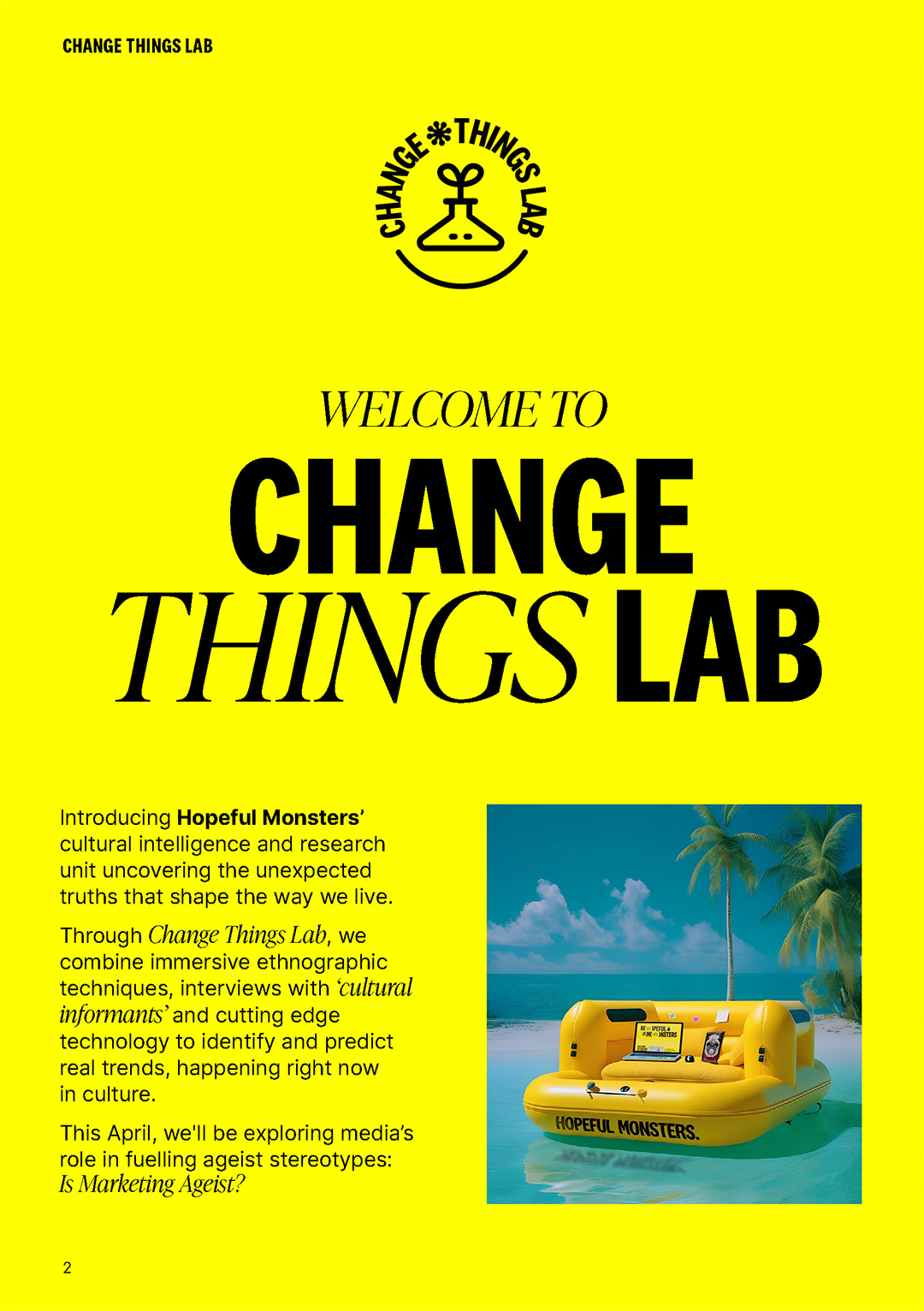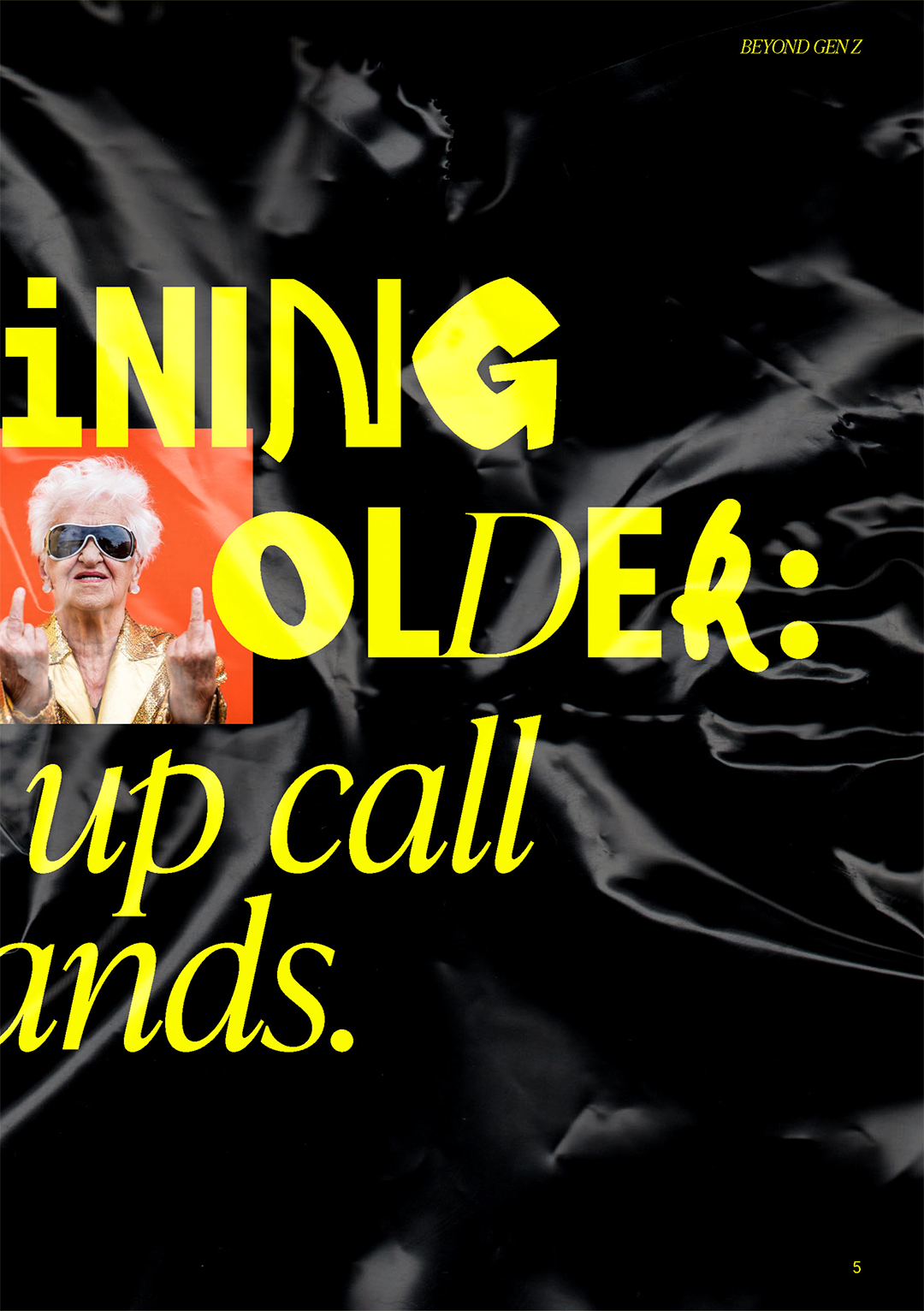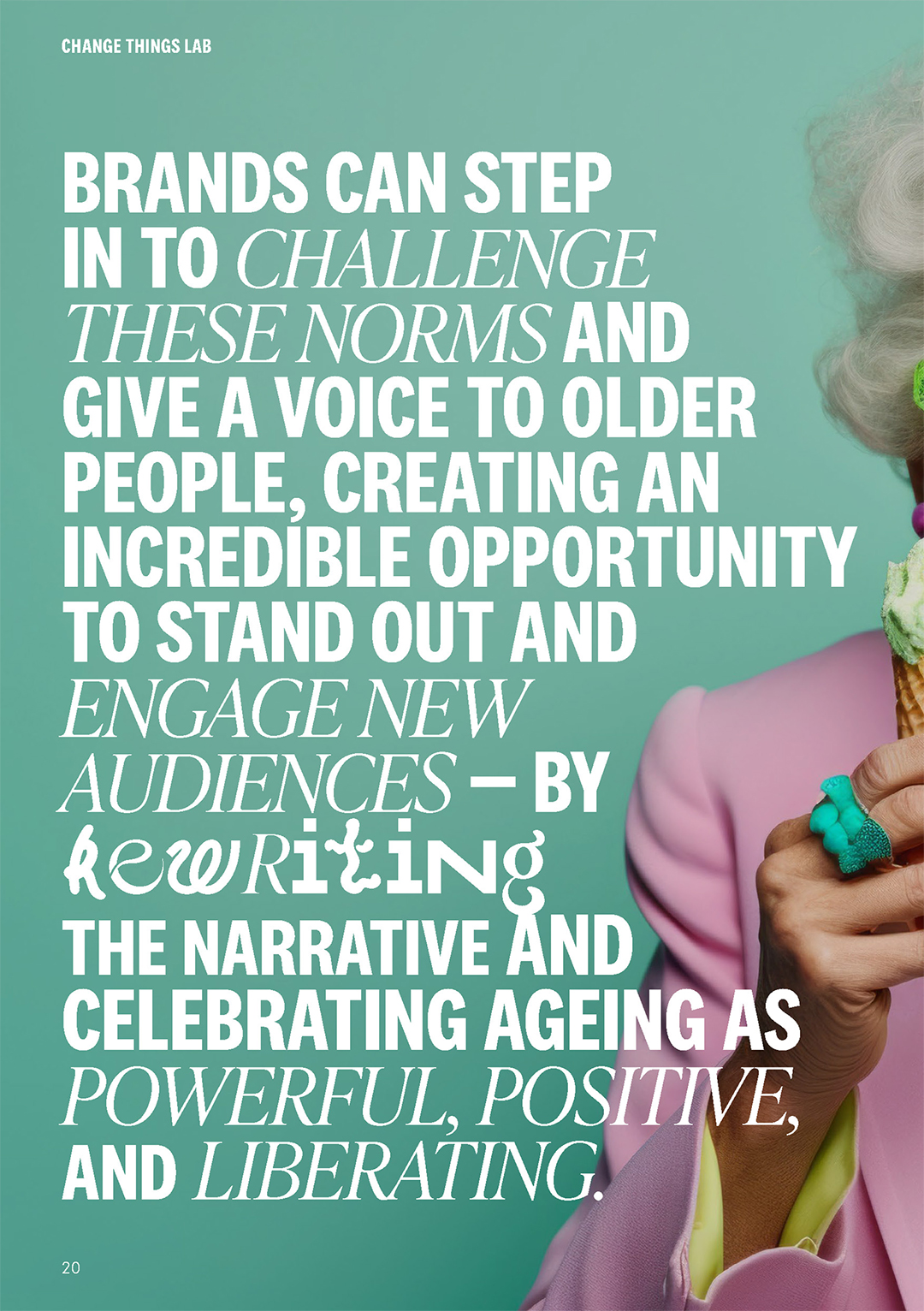April 13, 2023
To put it simply, I think we’ve been running around like headless chooks trying to apply purpose to many brands. Now before you come at me and call me a bad person and say that brands have a duty to the world, (and if you’re a friend of mine reading this, I’m sure you’ll also be pretty shocked at this position), hear me out.
For the benefit of these musings below, let's align that the term ‘brand purpose’ means ‘using brand power for good’.
Where did it start? Or potentially the better question is where did it all go wrong?
Unless you’ve been living under a rock, you’d know that brand purpose has become a battleground in the industry. Both sides are unyielding in their POV and determined to disprove the other. Case in point, Peter Field’s research on purpose driven campaigns (for vs against).
Where did it start? Or potentially the better question is where did it all go wrong? It’s not new news that with the introduction of the internet and the fast follow on of social media, people and brands changed the way they engaged with each other. It became participatory, conversation driven. ‘Engagement’ became a metric easy to measure and brands lent in and with it, acting, talking and sounding like people. But people are to be held accountable. Far from the mad men days of mystery, the curtains were flung open.
It all came to a head in 2020 where it was widely agreed upon that brands have money and power and so using that for positive change was not only the right thing to do, but a requirement of a successful brand. And it wasn’t enough for brands to simply weigh in, if they didn't show tangible support they’d be called out for purpose-washing. It was a slippery slope. I picture a lot of C-suite execs at this time scared to put a foot wrong, employing purpose managers and committing to big, lofty goals about every world issue that came up, while having nightmares about being called out on social media.
How did it get to this? I think in part, the idea of doing good from a personal level was appealing to marketers. In a world of doom and gloom, doing good felt like you were able to make a difference and after years of selling and trying to make something like razors interesting we were now able to sell razors by also tackling toxic masculinity.
You might say, why is this a bad thing? Their hands have been forced to use their power and money for good. Don’t get me wrong, I think it can be a great thing. Someone has to get us out of this climate emergency and it doesn’t look like the governments are going to agree how to do it anytime soon.
But as Thomas Kolster, jury chairman for the 2022 D&AD and author of ‘Goodvertising’ says “We’re just doing purpose on steroids now.”
We’ve been distracted by purpose.
By whether or not to do it.
Whether it works or it doesn't.
What issue to jump into and not jump into.
We’re in a purpose minefield, running around in circles. And it’s bloody hard to know what to actually do.
How do we get back on track? By going back to our ‘purpose’ (ironic?).
If we’re truly honest with ourselves and think about our job as marketers and communicators, it is to get people to do things. Whether that's buy, watch, listen, attend, switch, eat, wear…
Then if we think about why a brand exists? It might have been to solve a need, a problem, to innovate in a category, to make some sort of change. Whether you're a 50 year old company or a brand new start-up, a brand is created for a reason. A successful brand was never created ‘just because’. You might call this an ambition or aim. Or you might call it a purpose.
Purpose is much more than just a marketing strategy to remain relevant or avoid being called out. Rather, purpose is actually why the brand exists, and our job as marketers and communicators is to influence people to do things so that we can deliver on the brand’s purpose/mission/reason to be.
So as not to get confused, let’s use ‘mission’ moving forward instead as ‘purpose’ has way too much baggage. But it is one in the same by definition.
Not only does a mission give us much more of a linear path to follow as a brand, but it also gives the whole brand, employees and product itself something to work towards. Something to change. A reason to exist and a reason to keep striving to do and make things rather than stand still.
The best brands use their mission as a north star, building the brand, product and communications towards achieving. Some of the best brands in the world have missions that not only act as a guide for everything the brand does, but also as a direction for the whole team.
Don’t get me wrong, brands can and should be doing good, but it needs to be built on why the business exists. A great brand is on a mission to redefine the culture in which they exist and a mission or north star helps them do it. They can be worthy, but they can also be about pushing the category or creating something useful or better for people.
It can be about a brand existing to try to make the planet a better place:
Patagonia: we’re in business to save our home planet
Oatly: to make it easy for people to eat better and live healthier lives without recklessly taxing the planet's resources
It can also be about improving or bettering the lives of people
Dove: helping all women realise their personal beauty potential
Airbnb: to help create a world where you can belong anywhere and where people can live in a place, instead of just travelling to it
Converse: be a canvas for youth progress
Or to simply be about making better products or improving the category
Google: to organise the world’s information and make it universally accessible and useful
Afterpay: to power an economy where everyone wins
Aldi: all people, wherever they live should have the opportunity to buy everyday groceries of the highest quality at the lowest possible price
What I'm really trying to say, and why my headline is a bit misleading, is I think we’ve been distracted with the wrong definition of purpose.
Over the last few years we’ve been caught up trying to improve everything all at once, but if we can toe the line and focus on our mission, we might actually make significant, impactful change in culture, our category or for real people.
And that sounds like a job worth doing.
























